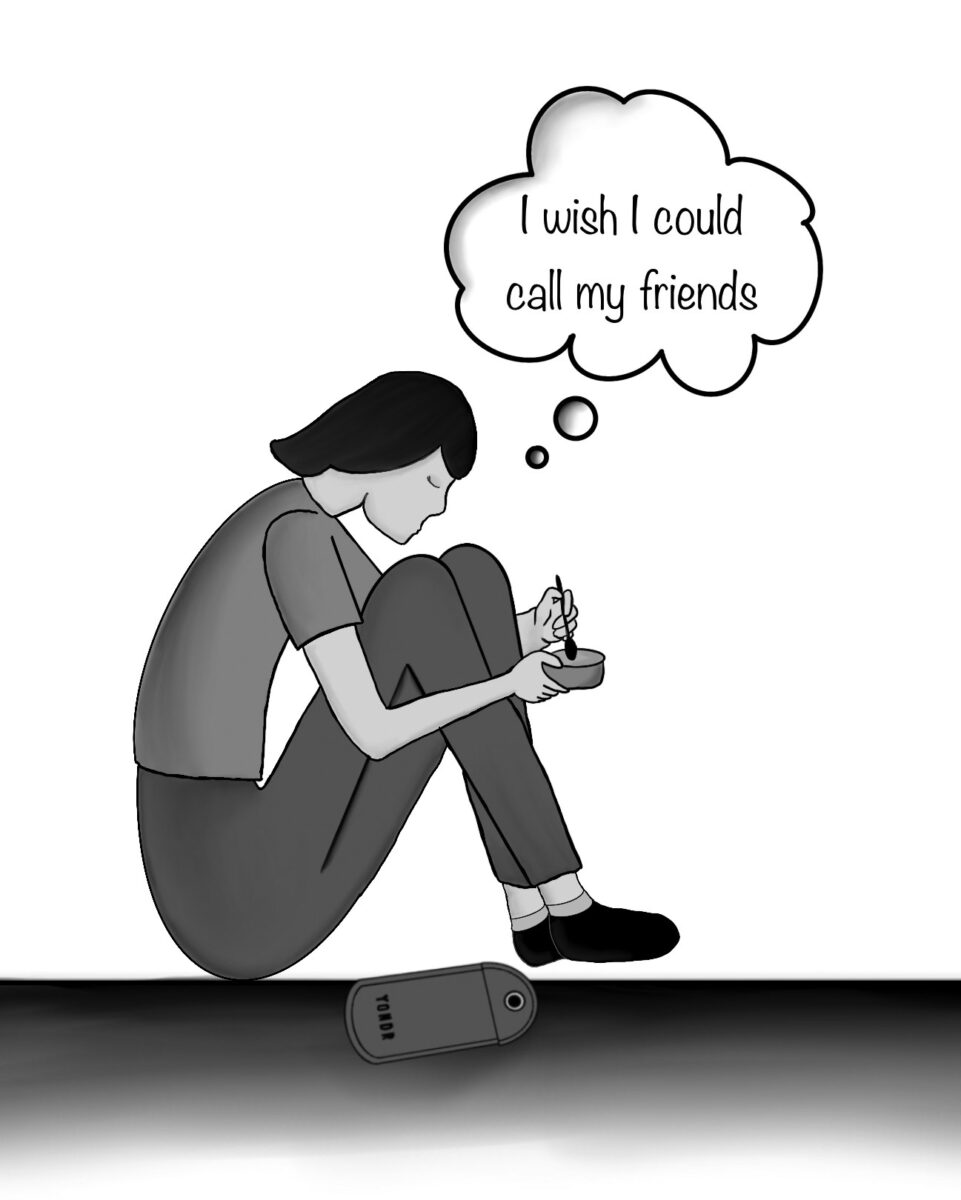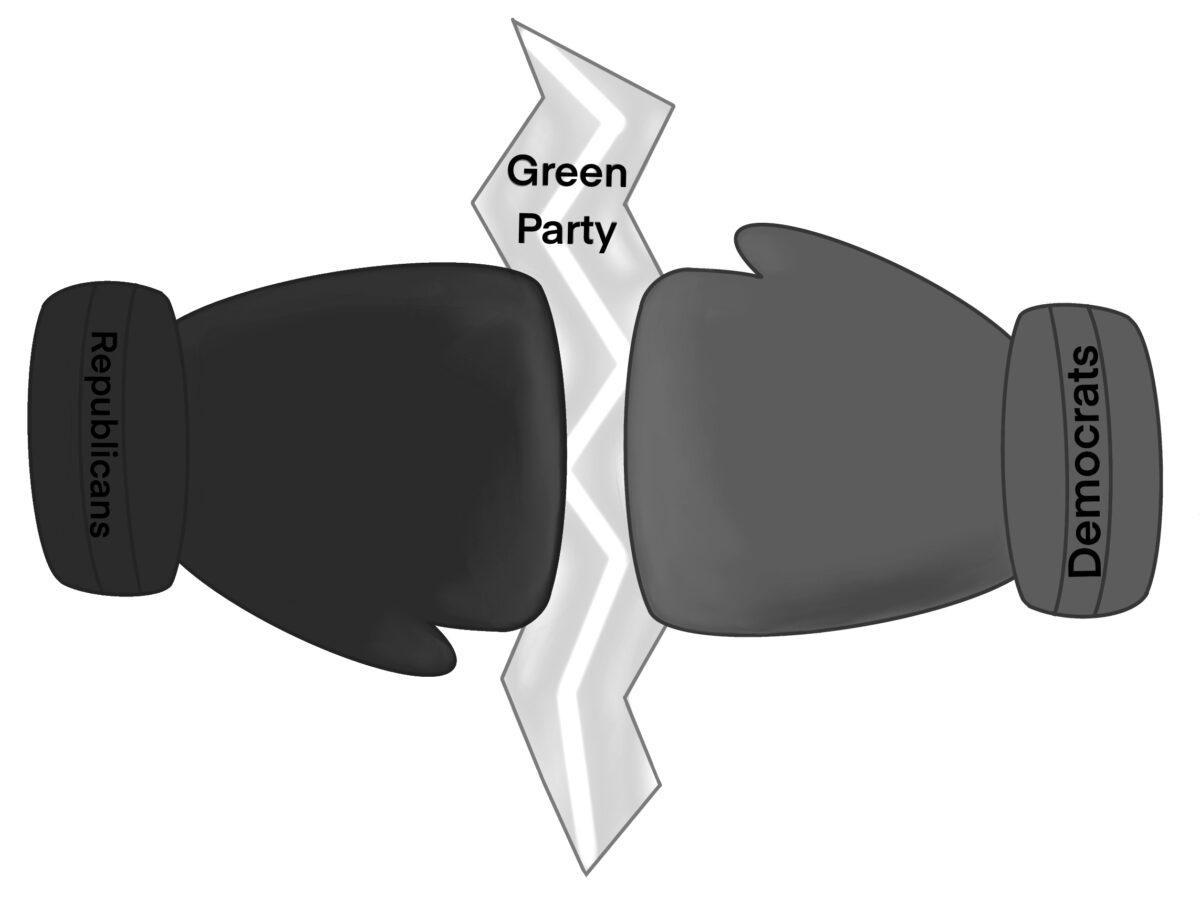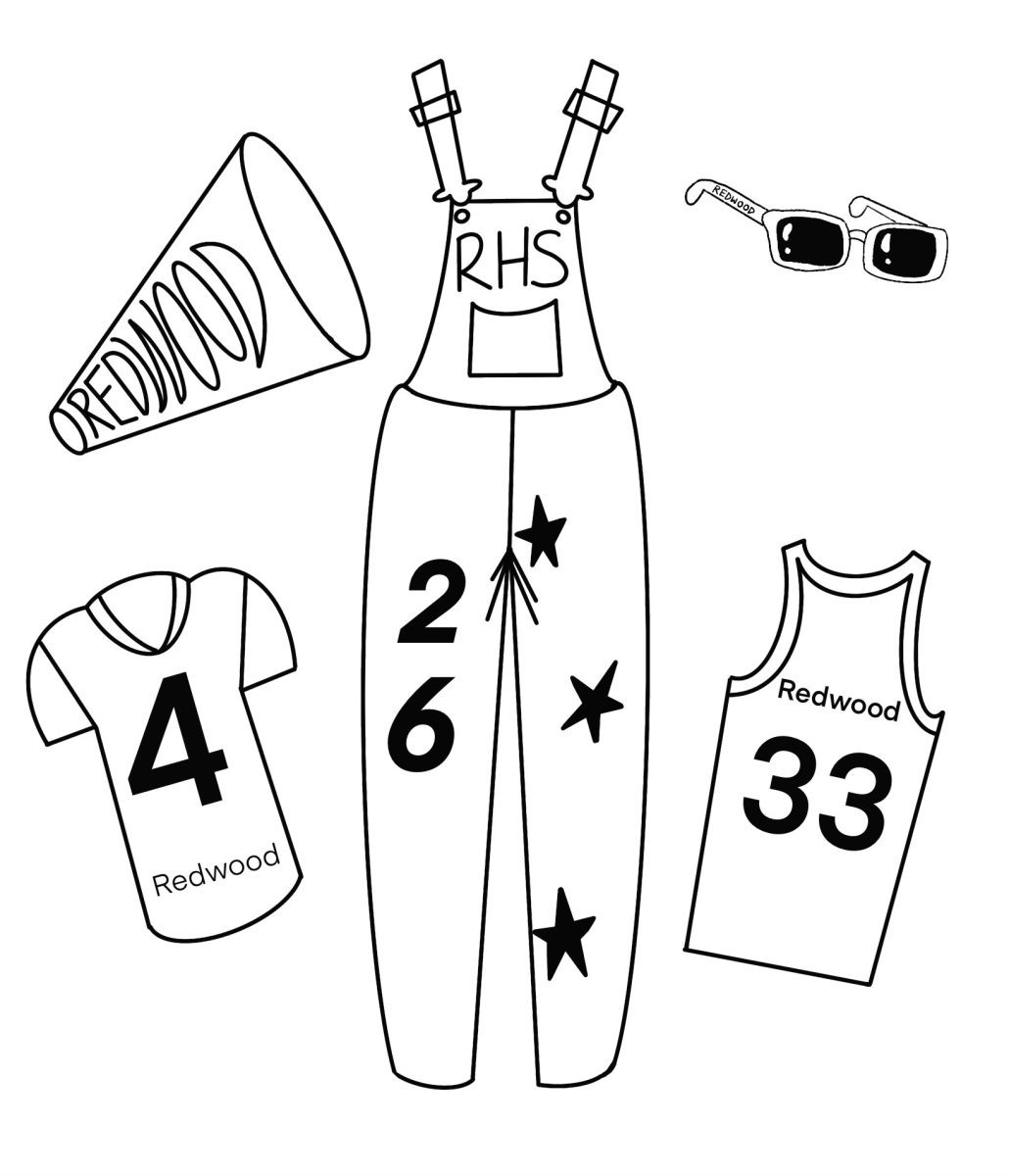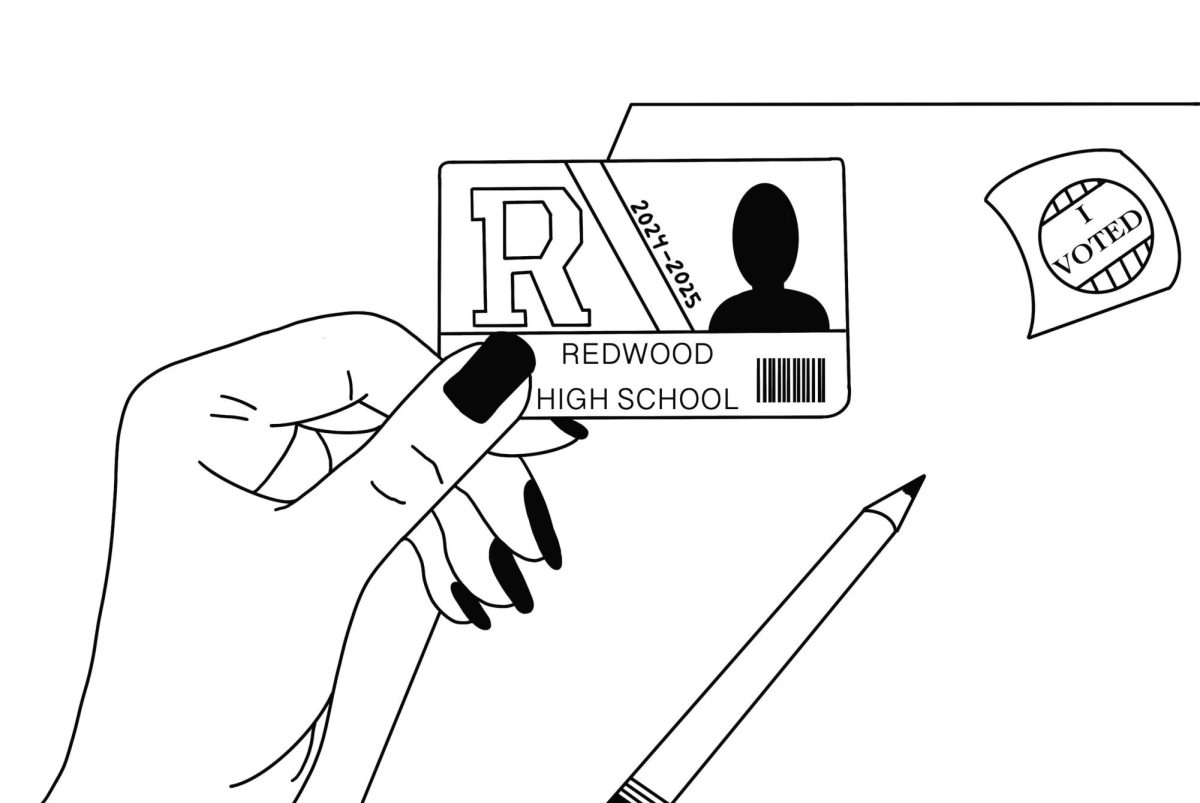
Last month, Jerry Brown legalized Transformers. With minds and personalities of their own, the cars have left the realm of human-powered machinery and have entered a scary and unpredictable class of automatic machines.
Casually referred to by their creators as “driverless cars,” the Transformers – it turns out – have been secretly living among us for the past seven years as Google’s latest project.
This only begs the question: will they be good Transformers or bad Transformers – Autobots or Decepticons?
The autonomous cars really do sound like Transformers – they read traffic lights, stop at stop signs, and go the speed limit – automatically. They have the ability to judge space and distance to determine the ideal moment to change lanes. They can even be programmed to match “driving personalities” ranging from cautious to aggressive and act accordingly, in, say, a merging scenario.
The cars nearly eliminate human error, may increase fuel efficiency, and provide commuters with disabilities with a sort of luxury.
Driverless cars sound like Autobots, right? Wrong. The Decepticons have fooled humankind once again.
While Google’s Transformers aim to improve safety, they are really just unnecessary gadgets: pieces of awesome, futuristic technology that people can live without.
Instead of legalizing driverless cars, Brown could have done the nation, possibly the world, a favor. He could have asked Google to put aside its thirst for impractical technology and focus on a more dire issue: sustainable fuel sources.
The request isn’t too much to ask. According to Forbes, Google is now the fifth most powerful company in the world. Their success in pushing driverless cars through state legislation serves as a testament to their increasing power in California alone.
It’s time Google started using their power for good. Like Uncle Ben told Spiderman, “With great power comes great responsibility.”
If the same time and money that Google spent into making driverless cars were put into hydrogen-powered or solar-electric cars, would we still be scrambling over foreign oil?
The real Transformers are the cars that will transform our nation into a sustainable world leader, saving lives not only in the short-run, but in the long-run too.
In the next few years, we may start to see the integration of driverless cars into everyday life.
They will probably start out as luxury items for upper class citizens to play with. As more and more are produced, the price will drop and the Transformers will infiltrate the middle class.
And the list of Decepticon-esque features continues. Google’s driverless cars still require a human being behind the wheel just in case a non-programmable scenario surfaces: if a crate falls off the back of a pickup, for example. Of course this is a good idea for an added measure of safety, but just imagine the “drivers” of the future. Would “driver” simply come to mean the person seated behind the wheel, potentially asleep, intoxicated, or otherwise unaware?
But what the Decepticons threaten most of all is human interaction just a few generations into the future.
By then, the need for “drivers” behind the wheel would probably be eliminated.
The incorporation of driverless cars into daily life would mean the downfall of the soccer mom and the end of an era where learning to drive a stick shift was unforgettable, even romantic.
Sixteen would no longer be the age of freedom and near-independence, and nine-year-olds would be silently transported from activity to activity without a word of advice from their mothers and fathers.
In the far future of autonomous vehicles, the rights of passage that come with cars would no longer exist and the sole purpose of a car would be transportation.
Google, listen up: if you want to change the world a second time, set aside the driverless cars and dive into sustainably-powered ones.
Let’s get this change-the-world project underway – without releasing the Decepticons.






